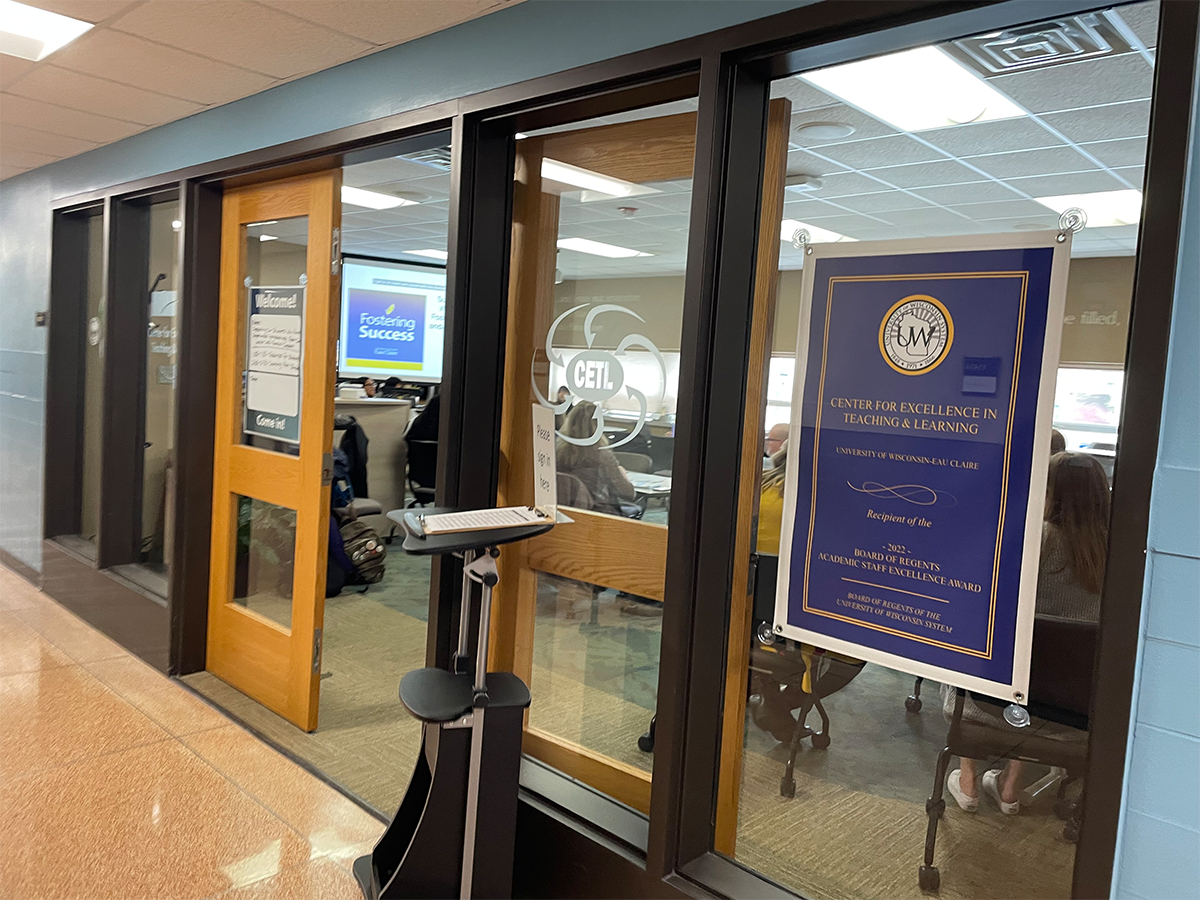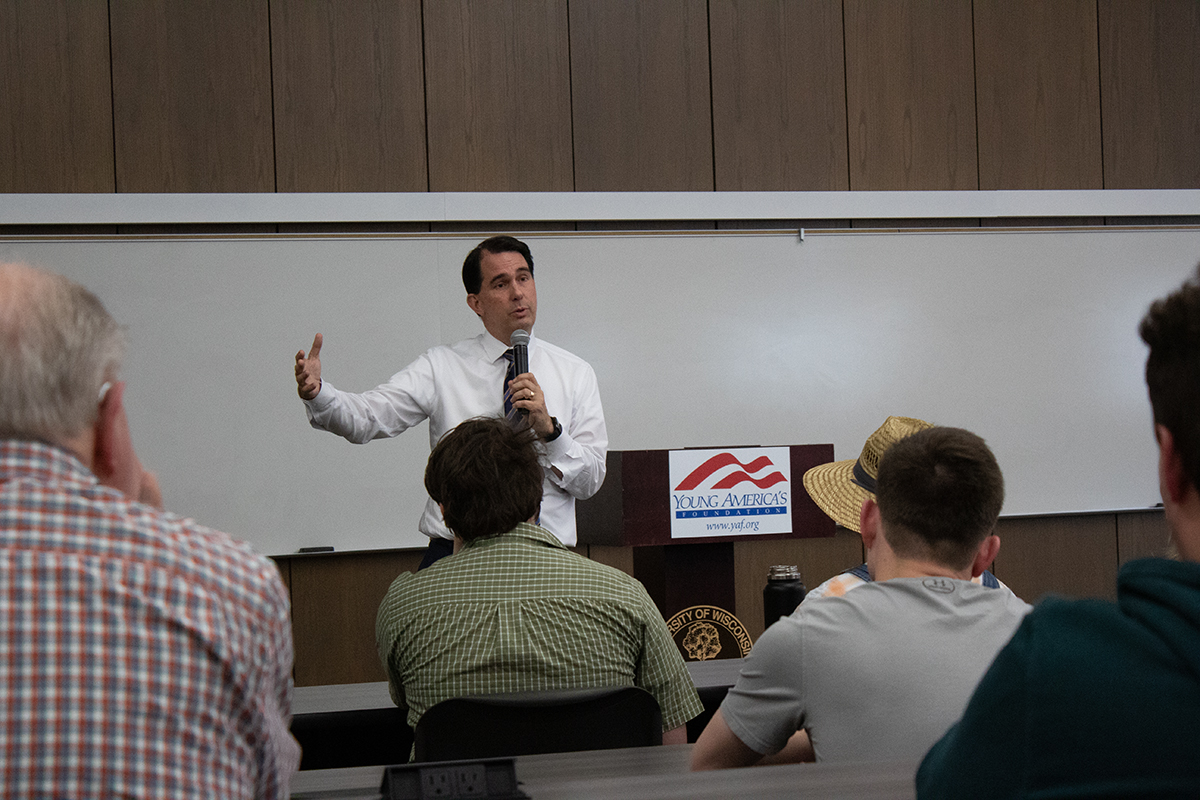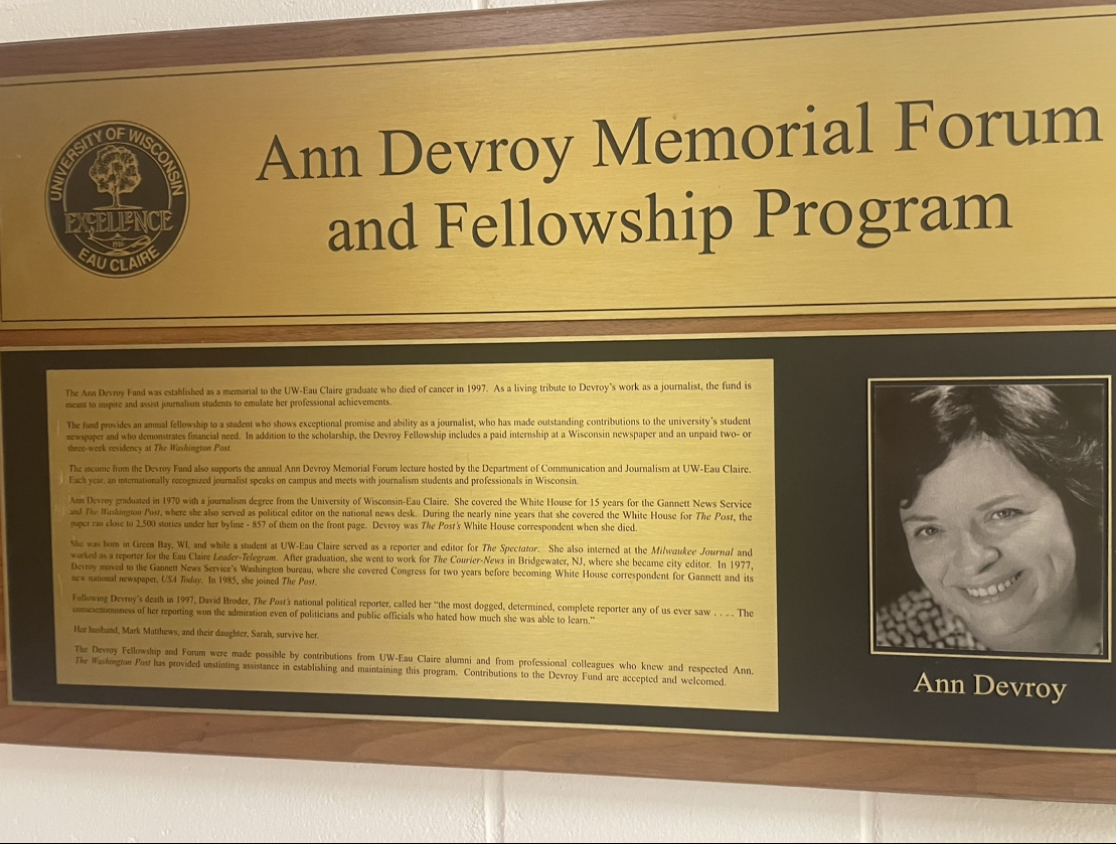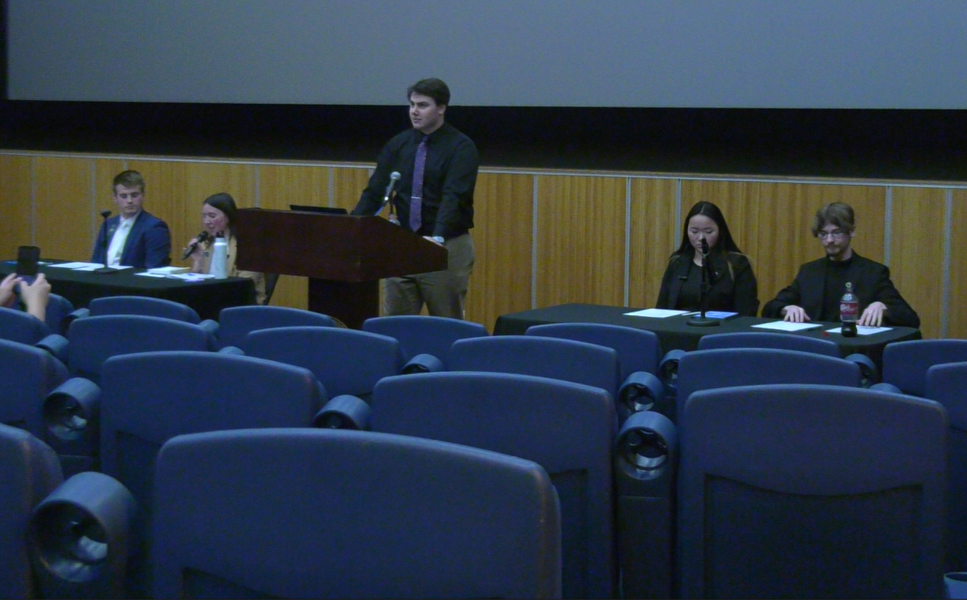 Matthew Resenhoeft
Matthew ResenhoeftPutting his message of “first-class citizenship” for all people in the context of his historical life, James Meredith spoke to a near- capacity crowd at Zorn Arena on Thursday evening. Meredith is a civil-rights pioneer who was the first black man to enroll at the University of Mississippi.
During his hour-long lecture as part of the Forum Series, he illustrated the progress made in civil rights during the past 40 years while hammering home the idea of taking the final steps to achieve “first-class citizenship for all.”
For black people in the United States, he said, it will take learning correct English. In his pre-speech press conference and during his hour-long lecture, Meredith reiterated his belief that the language of black people in the urban ghetto is not English – it’s not even English spoken poorly. Meredith said unless blacks learn to speak true English, the last step of full rights and citizenship will not be fulfilled.
To take the last step in civil-rights equality, Meredith said it would take the same effort as it took for the first big step in civil rights action of the 1960s.
The privileged few – college students from universities – should go to the ghettos and teach proper English to black people.
Meredith, who has written two books to help teach proper English, said there are only about 850 base words in the English language. And if a person is able to learn the basics of the language – the one-, two- and three-syllable words – that person will be more competitive in the work force.
During the question and answer session following his speech, Meredith addressed his often-criticized political decisions during the last 20 years. Meredith’s politics are more conservative than the civil-rights leaders usually written about in the media.
But he said conservative politics had nothing to do with his decision to become part of conservative Sen. Jesse Helms (R-N.C.) staff or endorsing former Ku Klux Klan member David Duke during his run for governor of Louisiana.
Meredith wanted access to the largest collection of information regarding slavery in America – the Library of Congress.
He told the crowd he wrote to all 535 congressman and senators and only two responded. Helms was the only one interested and after many letters back-and-forth, Helms put Meredith on his staff.
Meredith added that while many black leaders criticized him, he knew there wasn’t much difference between Helms, who many blacks criticized, and Sen. Ted Kennedy (D-Mass.), who many blacks see as a champion of their cause.






